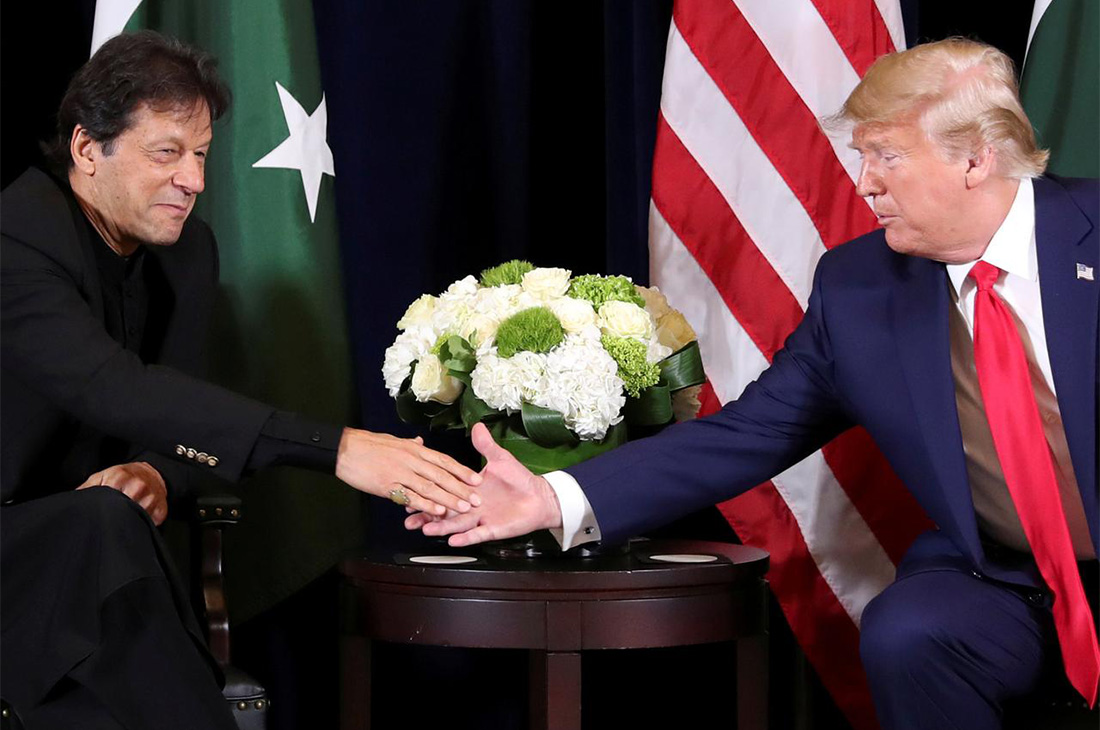India and Pakistan are both countries with nuclear capabilities that have been fighting for years for the Kashmir territory. The dispute began before India and Pakistan won their independence from Britain in August 1947. The territory became a hot spot for conflict, Delhi and Islamabad both claim Kashmir in full, but control only parts of the territory.
Quite recently, the Pakistani Prime Minister has urged the US President and the UN to mediate between Pakistan and India over the disputed territory in Kashmir. The tensions escalate with each passing day. Both sides claim that the other is adopting an extremist ideology that could escalate into another war. India blames Pakistan for stirring unrest by backing separatist militants in Kashmir – a charge its neighbor denies.
Khan said Pakistan and India both own two nuclear weapons. That’s why he believes intervention from Trump or the UN would be positive.
Two sides of the conflict
Last year, the prime minister of India, Narendra Modi, had abolished the state of Kashmir and Jammu’s status. Thus, he allowed India to set its laws, allow outsiders to move in, settle, take scholarships and jobs. To reinforce the move, India has deployed tens of thousands of troops across the Kashmir valley. Moreover, the government affected millions of people living in the area by shutting down colleges, schools, and cutting off internet access. Pakistan strongly condemned India’s move in response. India’s supreme court rebuked the Indian government for the lockdown and ruled the indefinite internet shutdown in Kashmir illegal.
Is there any chance for peace?
The relationship concerning the territory between India and Pakistan has not always been submerged in bloodshed. Both sides tried to communicate diplomatically and did agree on a ceasefire in 2003. However, a bloody summer of street protests in Indian, administered in Kashmir in 2016, has dimmed hopes for any sense of lasting peace in the region.














